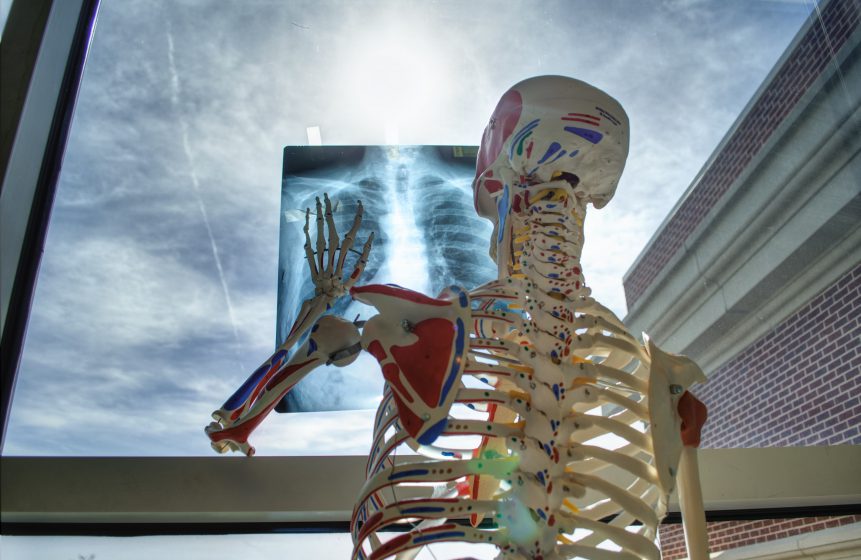For most of us, we know that leading a more active life is going to allow us to live longer and with less health problems and this is the reason that wearables, like the Fitbit have become so popular. We can track and see our activity in real-time, allowing us to make changes to our lifestyle to support a longer and healthier life.
But what about when we die? Could we use the data that our Fitbit’s collecting to be able to die better too?
The tech giants are pushing to make our data more accessible.
So far, the difficulty with sharing our data has been in taking it out of our wearable health trackers and giving it to health professionals in a meaningful way.
However, tech giants like Google and Apple have been pushing a lot of money into finding a solution for this. Back in 2016, Apple bought start-up company Gllimpse who have built a personal health data platform that enables users to collect, personalize, and share a picture of their health data
And in 2018 Google launched Cloud for Healthcare to help centralise our health data in a way that’s quickly and easily accessible for healthcare professionals.
These solutions could allow doctors and the like to instantly access and analyse our health data. To understand our levels of activity, even our eating habits – helping to diagnose symptoms more easily or even predict possible ailments we may face in the future.

How our data could help us to die better.
In the past, we’ve looked at how data may be able to predict our death in the future (link to AI article) – but what about the process of dying itself, can it help us out there too?
Having all of your health data stored in one, easily reachable place could help your GP, palliative staff and caregivers to work together more effectively. Being able to understand how certain medications are impacting you means prescriptions can be changed quicker, potentially reducing pain or other nasty side-effects.
Being able to access your previous activity levels, heart rate and general health statistics may mean that your care team can work together with you to help make better arrangements in planning for your death. For example, if your GP was happy you were in relative health previously, they may be more inclined to look at options for dying at home (if that’s what you wanted).

What are the challenges?
At the moment, our current healthcare infrastructure isn’t set up to receive or act on this type of data. Given that most hospitals are still having to use 20 year old fax machines, this isn’t really surprising. There aren’t any processes in place to store the data securely and healthcare professionals simply don’t have the time at the moment to work this data into their caregiving.
Also, as of now, Fitbit and other wearable fitness devices are not medically certified. This means that doctors and hospital staff would be unlikely to feel confident making decisions for you based off of this information as yet.
Whilst it may not be off the ground yet, given the focus from tech giants and the collective push to help us to die better – data from your wearables could start to make an impact to how we die sooner than we might think.
To find out more about what happens to your data when you die, we’ve got some articles for you to have a look at:
Who owns your data after you die?
Will AI be able to tell you when you’ll die?
Do you talk to dead people online?




